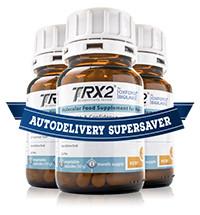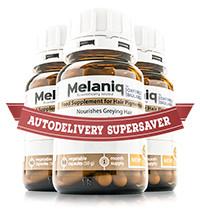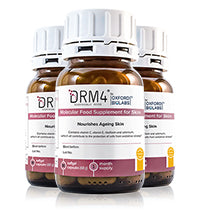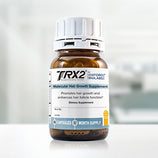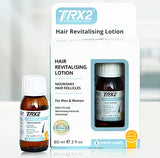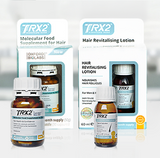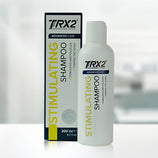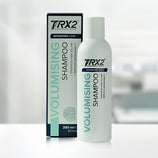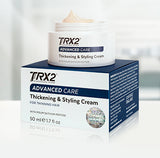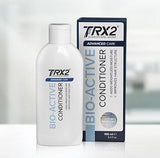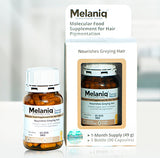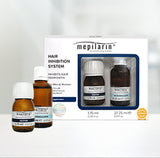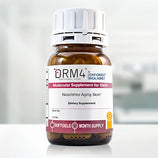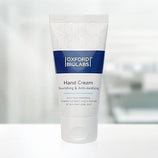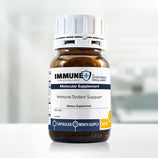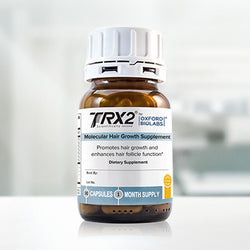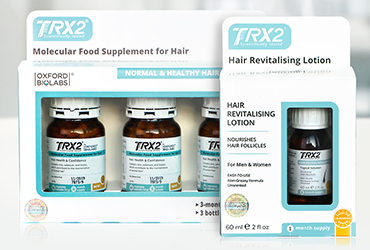You have probably heard of or even participated in the 8x8 hydration challenge -- a challenge that encourages participants to stick to the healthy habit of drinking 8 glasses of water per day to keep the body fully hydrated. You can also get most of your daily water intake from fruits, vegetables, and other foods with high water content.
So, where did the 8 glasses per day advice originate? No one knows for sure but what is certain is we need water for the basic functioning of the entire human body -- from improving heart health and brain function to energising the body, relieving constipation, and aiding in exercise recovery.
The human body consists of 60% water; hence why water is the elixir of life. Let’s look at why hydration is so important to your health.
Hydration and Health
Hydration is the opposite of dehydration, and so what the latter does, the former can undo. We all know of the dangers of dehydration besides simply making you thirsty. For starters, dehydration can lead to constipation as your colon drains all the water from your stool to sustain its operations.
Other well-known effects of dehydration include:
- Crystallisation of salts and minerals in your urine hence increasing the risk of forming kidney stones.
- Denying your body the essential electrolytes that are critical to cell function.
- Exhaustion and a feeling of fatigue.
Hydration helps you avoid these dehydration effects and other undesirable effects of your cells lacking water.
If you are well-hydrated, the body performs optimally, and a feel-good sense of well being will engulf your system. Drinking 2 litres of water each day should be sufficient to keep your system hydrated to avoid fatigue and improve your digestion.
That said, it’s also worth minimising caffeinated drinks such as coffee and tea since they contribute significantly to water loss, especially at night.
Why is Water a Necessity in Our Diet?
Flushing out toxins from your body keeps a load of ailments away. Well, water helps your kidney with just that. Besides, water keeps our body temperature in check while lubricating our joints to ensure we move around easily. You can think of a squeaky wheelbarrow without the grease!
Through hydration, water offers your body the following benefits;
Boosting brain performance and concentration
The performance of your brain is highly affected by the hydration status of your body. Studies show that mild dehydration of as little as 1% water loss can impair various aspects of brain function. For instance, losing about 1.4% fluids after an exercise can cause impaired concentration in young women and increased anxiety in young men.
To avoid such outcomes, proper hydration by taking adequate amounts of water is critical. Remember, three-quarters of your brain matter is made up of water -- you don’t want that content to decrease if you intend to keep your brain functioning well.
Flushing out of toxins and treating kidney stones
The kidney flushes toxins out of your system along with the lymphatic system. However, when both organs are deprived of water, the movement of toxins out the body may be impaired.
Water acts as a medium of transport in the body. Enough of it thus ensures the body’s transport system nourishes every organ and excretes toxins efficiently.
Kidney stones also form as a result of the crystallisation of minerals and other salts due to dehydration. Water prevents kidney stones by diluting the concentration of salts, making them less likely to crystallise.
Boosts digestion and prevents constipation
Water provides the optimal environment for chemical and biological processes, such as digestion, to occur in the body. When you eat food while your body is poorly hydrated, there is a high chance nutrients will not be absorbed optimally in the gut.
Besides, chronic constipation is a common symptom of dehydration that results from the soaking up of water from food waste by the large intestines. Therefore, it is advisable to drink plenty of water to prevent reabsorption of water from food waste that results in constipation.
Maintaining a healthy skin
The skin is the largest organ in the body and heavily relies on water for its functions. Water makes the skin supple and prevents it from cracking. Skin cracking is a well-documented symptom of dehydration.
Well-hydrated skin will be better suited at insulating the body, preventing skin diseases, and helping with perspiration. Thus, hydration is essential as it helps replenish the skin from the inside out.
It’s no wonder most dermatologists encourage women to drink water and maintain fluid balance to rejuvenate their skin and mitigate the appearance of wrinkles. Drinking plenty of water in addition to natural skin anti-ageing supplements should help you maintain a youthful skin.
Preventing migraines and hangovers
If you’re getting persistent headaches, this could signify that your body is not adequately hydrated. Several studies have linked headaches to dehydration. Therefore, drinking water can help relieve these headaches.
On the other hand, alcohol, being a diuretic, results in water loss, leading to body dehydration -- experienced as a hangover. While hangovers refer to a collection of symptoms, drinking plenty of water helps relieve common hangover symptoms such as dry mouth, thirst, headache and fatigue.
How Can You Stay Hydrated
Water is the main source of hydration but is it advisable to gulp down glasses of water in one go? Absolutely not. Research suggests that drinking too much water within a short period can cause water intoxication, which can be fatal.
That said, try these tips to ensure your body gets the required daily amounts;
- Eat fruits with a high water quantity, such as oranges, watermelon and mangoes.
- Include vegetables such as cucumbers, tomatoes, celery and lettuce in your daily diet
- Increase your daily intake of broth-based soups
- Use the “little and often” approach by drinking a little water at different intervals throughout the day.
Hydration is key to the normal functioning of the body. Water improves mental and physical wellbeing. It regulates our body temperature, keeps our joints lubricated, helps prevent infections and delivers nutrients to our cells.
While there is no specific amount of daily water intake, several scientific and public health organisations recommend 8 glasses a day.
